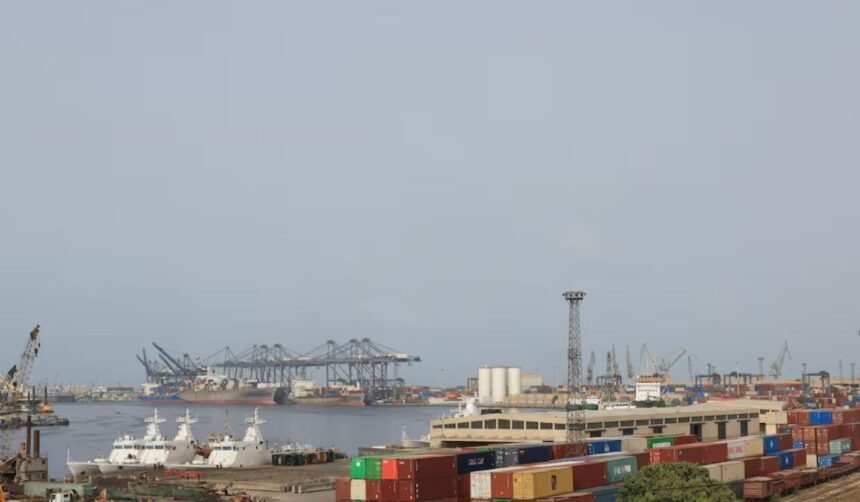The United States and Pakistan have signed a wide-ranging agreement aimed at strengthening trade and energy cooperation, as both countries seek to deepen diplomatic and economic ties.
US President Donald Trump announced via social media that Washington would assist in developing Pakistan’s substantial oil reserves. He added that a company was being shortlisted to lead the project, though further details remained unclear.
Pakistan’s Foreign Minister Ishaq Dar also confirmed the agreement online but offered no specifics. However, Pakistan’s finance ministry stated that the trade deal would lead to a reduction in reciprocal tariffs, primarily easing the export burden on Pakistani products entering the US.
The agreement is expected to unlock collaboration in several sectors, including energy, cryptocurrency, mining, and information technology. It comes at a time when Pakistan was at risk of facing 29% US tariffs on exports due to global tariff adjustments announced earlier this year. These were temporarily suspended for negotiations.
Last week, Dar had said that both sides were nearing a breakthrough after meeting with Secretary of State Marco Rubio. The discussions revolved around expanding access to key minerals and boosting trade volume.
Read More: inDrive Joins Forces with Police to Dismantle Courier Scam Targeting Customers
Official US data shows that total goods trade with Pakistan hit $7.3 billion in 2024, a rise from $6.9 billion in 2023. The US trade deficit with Pakistan increased to $3 billion, up by 5.2% from the previous year.
This deal also aligns with Washington’s broader goal of forming stronger regional partnerships to counterbalance China’s influence in South Asia. Pakistan, a long-time US ally outside NATO, has become a focal point of this strategic realignment.
In contrast, the US announced a 25% tariff on Indian goods, citing a lack of progress in negotiations. Pakistan praised US efforts to reduce tensions in the subcontinent, following a recent flare-up between Islamabad and New Delhi triggered by violence in Kashmir.


